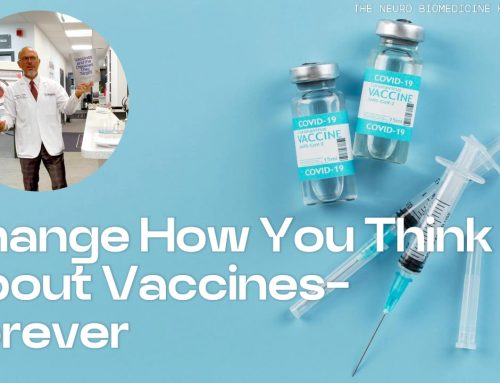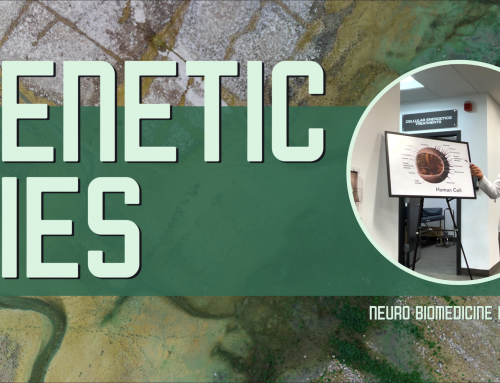In this video, I dive into the question of whether the nucleus or the mitochondria truly run the show in our cells. At first glance, you might think it’s the nucleus, often called the “brain” of the cell. But when you dig deeper, the evidence tells a different story. I explain that in normal cells, the nucleus and mitochondria work together to keep everything functioning as it should. However, when we look at tumor cells, things start to unravel.
Here’s what I found fascinating: when researchers took a bad, tumor-cell nucleus and placed it in a normal cell, the result wasn’t tumor cells—it was normal cells. This completely flips the somatic mutation theory, which blames genetic mutations in the nucleus for cancer. On the other hand, when a healthy nucleus was put into a cell with damaged mitochondria and cytoplasm, tumor cells formed. What does this tell us? The mitochondria—not the nucleus—are really calling the shots.
The mitochondria are the powerhouses of the cell, generating up to 90% of the cell’s energy through the electron transport chain. When mitochondria get damaged, cells shift to less efficient energy production methods like fermentation and glycolysis, which can set the stage for cancer and other diseases. What damages mitochondria? It’s a long list, including oxidative stress, inflammation, poor diet, environmental toxins, and even overuse of prescription drugs. I see this regularly in bloodwork—imbalances in essential fatty acids, oxidative stress, and chronic inflammation wreaking havoc on the body.
One key takeaway is that genes are not the ultimate culprits behind disease. They’re more like workers responding to signals from their environment. Factors like methylation, diet, and stress affect which genes are turned on or off. And let’s stop labeling genes as “bad” or “dangerous.” Those labels scare people unnecessarily, and they don’t reflect how genes actually function.
Another aspect I touch on is how our thoughts and beliefs influence our health. When people buy into ideas like “this disease runs in my family” or “I’m destined to get this because of my genes,” it creates a self-fulfilling prophecy. I call it “black magic”—these limiting beliefs can harm you as much as physical stressors.
The good news? Mitochondria can be rehabilitated. By changing lifestyle factors—what you eat, how you manage stress, and the toxins you’re exposed to—you can support and even rebuild mitochondrial function. This doesn’t just apply to cancer but to all chronic diseases like neurodegenerative disorders, heart disease, and more.



